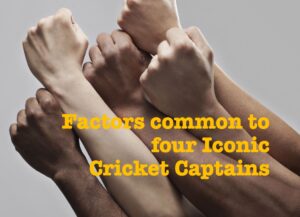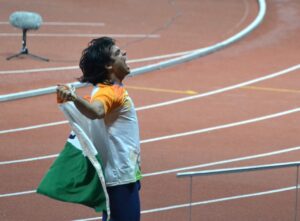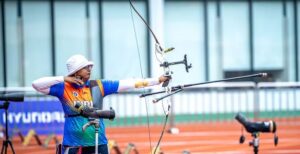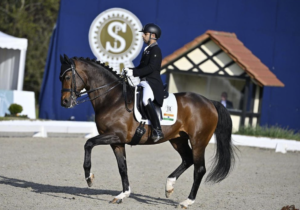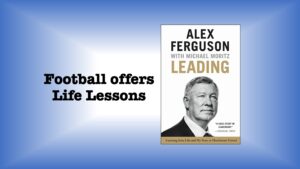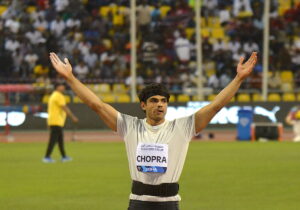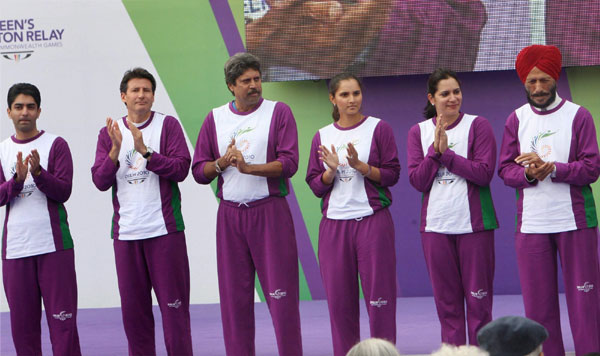
There was hope, sometimes immense and sometimes faint, that he would pull through, but news of Milkha Singh’s passing is numbing. Even for those who never watched him compete and depended on sparse archival footage to experience the magic of his talent. We were fuelled by a number of anecdotes that he shared with those who engaged him in conversation.
The greatest test of an athlete’s legacy is the impact on not only in his or her own sport but also beyond. As one of the first sports heroes of independent India, Milkha Singh transcended athletics. What’s more, his achievements motivated several generations of Indians to pursue excellence and realise potential in their own lives.
He emerged from the horrors of Partition and found solace in sprinting, wearing the scars of the nightmare and coming to terms with them. The 440-yard gold medal in the Empire Games in Cardiff in 1958, the Asian Games 400m gold in Tokyo that year and, more remarkably, the fourth place in the 400m at the Olympic Games in Rome two years later, have ensured that he will be remembered as a legend.
Certainly, many a tale of his exploits on the track will continue to inspire Indians. There have been other athletics stars who have shone just as brilliantly if not more – PT Usha, Anju Bobby George, Gurbachan Singh Randhawa and Sriram Singh are some names that spring to the mind – but he will remain the first big track and field star of the country.
Little kids, nursing sports ambitions, always find some peculiar ways to link themselves with the heroes. That Milkha Singh’s athletics journey had started in the EME Centre in my hometown Hyderabad was a powerful enough tug for me and others who were born around the time he was striding the Indian athletics’ scene like a Colossus.
Quite inevitably, when I first met him in Hyderabad – he had come as guest of honour at the Services Athletics Meet at the Artillery Centre – it took a while for the cloak of the fan to be lifted and for the sports reporter to surface. Each time he answered one of our questions, he would prefix his response with the word ‘Beta’ (son), endearing himself to all of us.
I was privileged to spend some time with him in London in 2009 when he was one of the 10 Indian athletes invited to be part of the launch of the Queen’s Baton Relay for the Commonwealth Games 2010 Delhi. He had a presence of his own despite being in the company of many a younger athlete, including the 2008 Olympic Games gold medallist Abhinav Bindra.
We have digressed a bit.
With due respect to the hockey stars of the time, including the legendary Balbir Singh Sr., there can be no doubt that Milkha Singh was independent India’s first big sports hero. Yet, he wore this tag with humility and self-respect, something that came through when he chose to decline the Arjuna Award in 2001.
While there was sadness, there was no sense of rancour that the award was being given him 43 years after he was bestowed the Padma Shri. He was disappointed that he was being clubbed with sportspersons whose achievements were not near his. He was also drawing attention to the manner in which the award winners were being selected.
Indeed, there was pride, grace and dignity with which he conducted himself, even while being passionately and unhesitatingly outspoken about Indian sport and its administration. After his stint in the Army, he served the Punjab Government as Director, Sports, leaving not a few to wish that he had taken up coaching.
He found his own way of motivating the country’s 400m runners, offering them a reward if they broke his national record of 45.6 seconds clocked in the Olympic Games in Rome on September 6, 1960. For the longest of times, quite a few quarter-milers tried gamely but fell short, realising that the gifted Milkha Singh had set the benchmark very high.
He believed that Indian sport would rise from mediocrity if the running of all sport was handed over to the Army. “The commitment and discipline that that Army brings to athletes is sorely lacking and we can make the best use of our large potential talent if we entrust the responsibility of driving Indian sport to the Army,” he said.
Milkha Singh’s aura will continue to pervade the atmosphere. Many an Indian, whose lives he touched, would remember his benevolence. That he has lived a glorious life, despite the trauma of a lost childhood, will continue to inspire a lot more people than we can imagine. And that is truly his greatest achievement, ahead of his exploits on track.
Milkha Singh’s story has turned more than a few athletes into little kids’ heroes and kept them from doing something they should not do later. That is his amazing contribution and legacy to Indian sport. He may not have told young athletes what they should or should not do but he provided them with an example of finding the energy to pursue distant and difficult goals.
Image: Milkha Singh at the Queen’s Baton Relay launch with Abhinav Bindra (left), Lord Sebastian Coe, Kapil Dev, Sania Mirza and Misha Grewal Soni. Just look at the respect that he is being shown by his fellow Baton-bearers.
This piece first appeared in news18.com Click here
